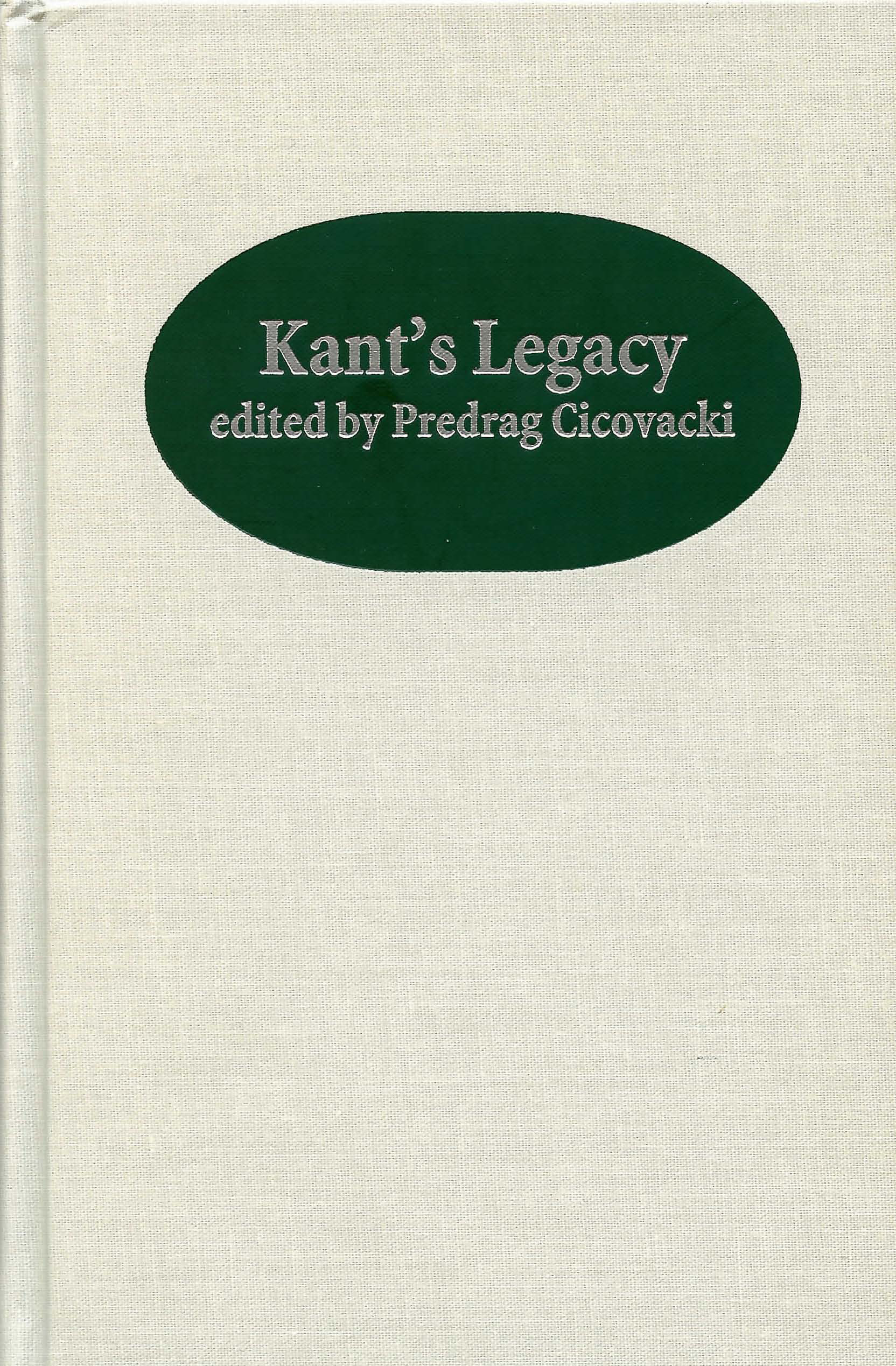Kant and the History of the Will
Published online by Cambridge University Press: 22 March 2023
Summary
Lewis White Beck’s work was exemplary both in analyzing Kant’s systematic ideas and in exploring main threads in his historical background. In this vein—if in a different style—I dedicate a two-tiered essay to his memory. The text is drawn from a blueprint for a study I am preparing on modernity and the will. Part I sketches a bare-bones “history of the will” until Kant, and Part II elaborates on Kant’s place in that story, namely, the various aspects of his theory of the will.
Part One: Modernity and the Will
Modern philosophy is usually presented as the history of epistemology and metaphysics, that is, of the intellect in relation to the world. Yet not only modern philosophy but also, I think, modernity at large (including its genesis) can be better described in terms of a history of the will.
Of course, there is no single “modern will” in the essentialist sense. Yet several characteristic features of the will can be spelled out, some usually working together, others competing within a common family denominator. The modern will is typically self-assertive, expansive, and individualistically shaped; in most of its varieties it strives to self-realization and self-enhancement, to personality and individual autonomy; it stresses initiative and the attribution of responsibility, demands to be recognized as a normative source and the bearer of rights, and seeks the embodiment of that recognition in external institutions. The modern will questions tradition, values novelty and innovation, unsettles rigidly received rules, and strives to penetrate beyond any given horizon, whether of knowledge or life. In all that the will is typically restless, stretching beyond itself and its present situation in constant search of the new, the distant, the different. And, perhaps most characteristically: the modern will refuses to conform to the constraints of the world as given. It strives to change the world in its own image and interests: to reshape and control outer nature (through technology, planning, resource, exploitation, etc.) and to rationalize the social and political world—be it for the purpose of maximizing gain and pleasure, or for realizing a moral utopia, or (as in Kant) for both. In that quest, the human will tends to posit for itself the goals it pursues, and to set itself as the ultimate ground of moral precepts, political legitimation, and the standards by which historical progress is gauged.
- Type
- Chapter
- Information
- Kant's LegacyEssays in Honor of Lewis White Beck, pp. 283 - 310Publisher: Boydell & BrewerPrint publication year: 2001
- 1
- Cited by

